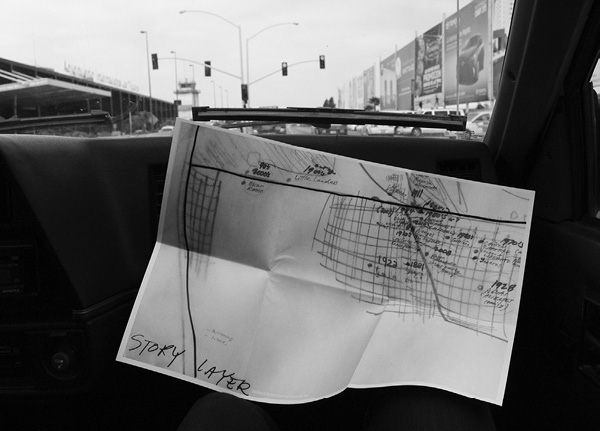
APERTURA
first performed on May 3, 2015
The Tijuana/San Diego Border, Tijuana, Mexico / San Diego, CA
performed once in 2015
STORYLINES TJ/SD / ADRIANA TRUJILLO, AMY SANCHEZ, EMILY SEVIER, KATE CLARK, MISAEL DIAZ, SARA SOLAIMANI
Tijuana, Mexico / San Diego, CA
408369474s408369474t408369474o408369474r408369474y408369474l408369474i408369474n408369474e408369474s408369474t408369474j408369474s408369474d408369474@408369474g408369474m408369474a408369474i408369474l408369474.408369474c408369474o408369474m
storylinestjsd.com
APERTURA
STORYLINES TJ/SD / ADRIANA TRUJILLO, AMY SANCHEZ, EMILY SEVIER, KATE CLARK, MISAEL DIAZ, SARA SOLAIMANI
We are Storylines TJ/SD, a binational collective of artists and scholars who seek to trace constellations of microhistories occluded from the “official” history of the Tijuana-San Diego border. This constellation is critical because it contributes to a deconstruction and remapping of the cities of Tijuana and San Diego and the local border space via a double learning of fragmented social realities in the territory. We named Storylines TJ/SD’s first public event, “Apertura,” or “Opening” in English, speaking to porousness, the encounter, and the opening of our project to the public. We conducted two mirroring car caravan tours along either edge of the border, synchronized to the same audio track of the storytellers—local actors, residents, and long-term visitors—narrating the spaces as participants drove through them. Misael Diaz led the Tijuana caravan and I led the San Diego caravan, while Amy Sanchez and Kate Clark synchronized our tours via walkie talkie. Adriana Trujillo and Emily Sevier negotiated with Border Patrol and Mexican officials to coordinate a shared meal across the fence at Playas de Tijuana.
The six stories featured in “Apertura” are testament to a complex, highly fragmented web of narratives on the Tijuana/San Diego border. Tijuana-based poet Pepe Rojo waxes surreal about the new Tijuana Airport extension into Otay, California. San Diego jazz aficionado Lou Curtiss tells the story of black jazz musicians’ encampments along the border at Otay Mesa during the U.S. Prohibition Era when booming Tijuana jazz clubs hired black musicians from the U.S., but the Mexican government prohibited their overnight stay. Ivón Arrieta, a Basque immigrant and professional Jai Alai player, narrates the iconic Jai Alai building in downtown Tijuana, interrupted by intermittent vintage radio broadcasts of Jai Alai play-by-play. Next, a bizarre reading of a promotional text from the Little Landers utopian farming community in San Ysidro at the turn of the century, followed by interviews with Mercado de Artesanias vendors who struggle as tourism wanes and border infrastructure and security grows. To conclude the tour, Nora Hernandez Aguilar, a resident and community organizer in the border informal settlement Cañon Laureles, talks about the community’s history and the various actions and survival strategies she and her co-organizers have employed in the canyon.
“Apertura” is an open source performance activated by the temporality of the stories and the map of the route; it can be experienced on either edge of the border at any time.